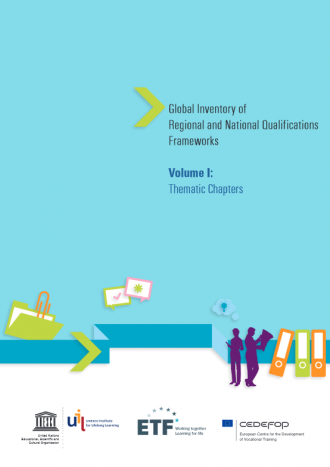This publication, based on a workshop held in the context of the CONFINTEA V Midterm Review Conference, addresses the issue of adult education for the estimated 300 million people in the world belonging to indigenous population groups. It includes an overall survey, reports and good practice models from many different countries, and a list of the final recommendations made by the workshop.
Report on the Workshop Held at the CONFINTEA V Midterm Review Conference, Bangkok, Thailand, September 2003 Compiled by Luis Enrique López and Ulrike Hanemann UIL, 2006 - 35 pp. ISBN 92-820-1149-...










